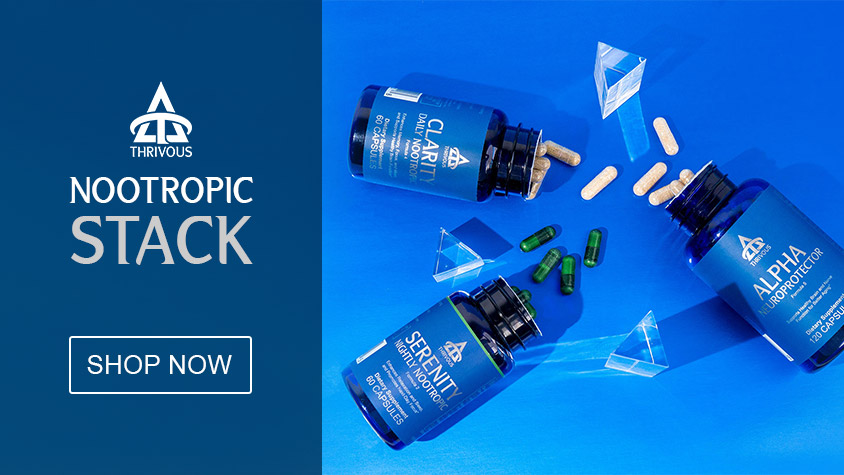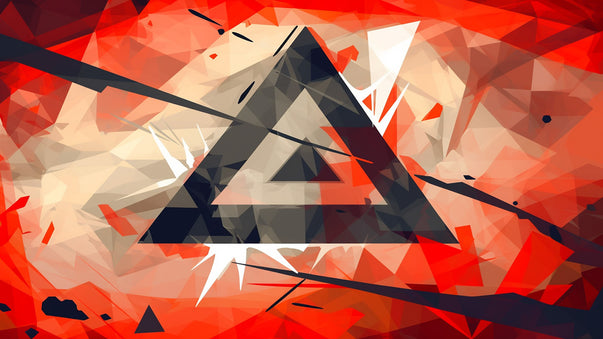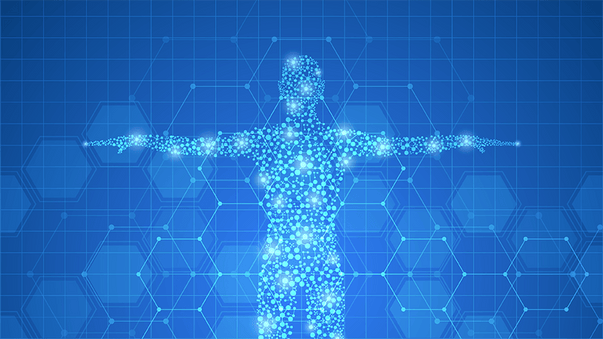Will Nootropics Become “Illegal” in eSports?

Without question, eSports is beginning to evolve into one of the world’s most highly-valued industries. Projections from NewZoo eSports reveal that revenues are expected to hit $1.5 billion, a whopping 35.6% jump from $696 million generated in 2017. This falls in line with a reported worldwide eSports audience of 380 million viewers this calendar year that is only predicted to scale further in size.
Add on the fact that there are millions of dollars in prize money to be won per game, and you have a winning recipe for a lucrative market that may achieve “evergreen” status.
With the attracted attention being brought towards the money and fame provided to professional eSports players, it is only natural that competitors will utilize every single tool available to give themselves an advantage. One of such advantages is the use of smart drugs (a.k.a. nootropics).
Why Do Professional Gamers Use Smart Drugs?
Let’s face the facts: Many of these games require intense levels of mental concentration and stamina, especially during drawn-out matches where a split second is all it takes to make the difference between victory and defeat.
Video games are no longer “just” video games. Players at the highest levels earn their full-time living solely from competing in tournaments. They are being watched by millions of people all around the world. Sponsors and investors support these players with the expectation that they will continue to win.
There is a lot at stake for these young players, who usually range anywhere from their teens to their early 20’s. The global nootropics market is expected to reach a valuation of $6 billion by 2024, and it’s no surprise that this rise is happening alongside spectator sporting events such as eSports.
If a single nootropic can make enough of a difference when it comes to performance, you can bet that it will have widespread use among professional gaming teams.
Are There Any Banned Nootropics in eSports?
Surprisingly, there has already been ongoing debate and discussion around the banning of select substances from eSports competitions. The Electronic Sports League (ESL) announced in 2015 that it would be using the rules of the National Anti-Doping Agency (NADA) and World Anti-Doping Agency (WADA) to enforce the prohibition of performance enhancing drugs.
Some of the substances that are banned are illegal altogether, and so their presence is unsurprising. This includes (but is not limited to) cocaine, morphine, marijuana, and heroin. While they are not acknowledged as smart drugs, they certainly have cognitive-enhancement effects (however harmful) that could lead to an unfair advantage.
However, there are cognitive enhancers present within the lists of both agencies that any smart drugs expert would immediately recognize. These include Modafinil (and its analogs), Adderall, Ritalin, and various analogs of Ephedrine. Notably, all of these drugs require a doctor’s prescription for legal use across many first-world countries.
WADA has published a comprehensive list of prohibited substances that is publically available for further viewing. It categorizes them on the basis of their use (in and out of competition), and on the basis of the sport being played.
What Is The Legal Definition Of A Nootropic?
An unsolved controversy behind the banning of nootropics is that a legal one-size-fits-all definition of what constitutes a nootropic does not presently exist. A nootropic can be a synthetic prescription drug which is scheduled and controlled by a country’s regulatory body. Likewise, it can also be an over-the-counter formulation that uses natural ingredients.
Moreover, many governing bodies do not officially recognize nootropics as an established class of drugs, and therefore make no significant effort to regulate them. Due to the fact that nootropics can constitute virtually any substance that has mild cognitive benefits, it will be difficult to enforce standardized tests. This is especially true for “stacks” that contain numerous nootropics in a single formulation.
How Will eSports Officials “Test” For Nootropics?
There are numerous problems with the idea of testing eSports players for banned substances.
To begin, enforcement can only happen during tournaments where the players are required to be physically present. During an event, players can be subjected to salivary and blood tests that screen for banned WADA and NADA “in-competition” substances.
However, what is the solution for online tournaments where players can compete from the comfort of their own homes? How would one go about simultaneously screening competitors from multiple international locations and verifying the results? This is unquestionably a major oversight that will need to be solved in the near future.
Secondly, there is no unified body of regulation when it comes to screening players. Anti-doping officials have been present at ESL events, which are already heavily regulated with respect to other aspects of gaming (equipment checks, the use of uniformly regulated software, etc.).
The problem with a lack of independent regulation is that many other eSports leagues and games do not possess regulations in relation to nootropics. Some popular games talk about how people would need to have some kind of immediate blood test done prior to playing a game in order to validate what they’re using. Even if other games and eSports leagues were to unify nootropics-related regulations, doping tests would have to be universally agreed upon.
Finally, there are individuals who can bypass WADA and NADA rules through a doctor’s note that allow them to take banned substances. This is most commonly seen with Adderall and Ritalin, two synthetic drugs used by individuals with a medical diagnosis of ADD/ADHD.
A good example of this phenomenon in action is Chris Davies, a professional baseball player for the Baltimore Orioles. He received a 50-game suspension when it was discovered that he was using Adderall before playing games. Since then, he needs to renew permission from the league commissioner every year in order to use Adderall during baseball games.
The Future Of Nootropics in eSports
Even the most die-hard experts and thought leaders in the eSports industry are uncertain about the role that nootropics will play. In addition to the possible development of new regulations, new nootropics will inevitably be developed that provide even more powerful results.
Brain enhancement is not a topic to be taken likely, especially in a rapidly growing global market that is filled with ample commercial opportunity to grow in revenue and increase its viewership further. If you're looking for advanced nootropics for eSports, check out Thrivous Nootropic Stack.
More Articles
Read more articles at Thrivous, the human enhancement company. You can browse recent articles in Thrivous Views. See other Nootropics articles. Or check out an article below.
-
Cognivex Clarity Is NOT the Real Clarity
Simply put, it's a scam. Cognivex Clarity brain enhancement formula may even be a hoax. Unfortunately, many consumers have confused ...
-
AI for Drug Discovery from Scratch
An Artificial Intelligence (AI) system, dubbed ReLeaSE (see below), developed by University of North Carolina scientists, has demonstrated AI-based drug ...



